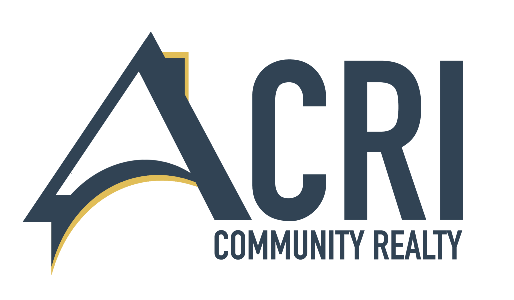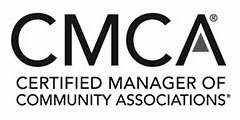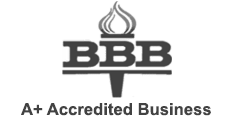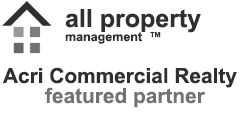Developers often build new residential communities. In the early stages of development, the developer typically manages the homeowner’s association of the new community. However, as homes sell and the community grows, control of the association should pass from the developer to the homeowners.
This process, known as the development transition, is a critical milestone for any HOA. It can also be a period marked with strife and stress. However, that does not have to be the case. Follow the tips in this article to navigate this handover smoothly.
Why the Developer Transition Matters
The developer transition is just one moment in the life of an HOA community. You may be wondering why it is so important. The developer-to-homeowner transition is more than a symbolic passing of the torch. It is a complex legal and operational shift that will have a direct impact on your community’s future.
During this time, the following things happened.
- Control of the HOA Board shifts from developer-appointed members to elected homeowners.
- The financial records, reserve accounts, and maintenance responsibilities are formally handed over.
- Any outstanding issues with infrastructure, amenities, or community rules must be addressed.
If your developer transition goes poorly, it can result in financial shortfalls, unresolved maintenance problems, and long-term frustration.
Key Handover Strategies
Clearly, your developer transition must go as smoothly as possible. Follow these proven strategies to ensure a successful transition for developers.
1. Form a transition committee early.
Most developer transitions occur after a certain number of homes have been sold. As your HOA near this threshold, form a homeowner-led transition committee. This group will serve as the liaison and point person between residents, the developer, and future HOA Board members.
2. Review the governing document thoroughly.
Your HOA will have several governing documents, including the CC&Rs, bylaws, and rules and regulations. Ensure your transition committee reviews these documents to understand how the transition is supposed to occur. The governing documents should also outline the homeowner’s rights and responsibilities after the transition.
3. Request a complete financial audit.
Your transition committee should request a full financial audit before accepting control. This audit should include reviewing budgets, reserve funds, vendor contracts, and any outstanding dues or liabilities.
4. Inspect all common areas and amenities before the turnover.
Another task that should be completed before homeowners accept control of the HOA is an inspection of all common areas and amenities. These include roads, landscaping, lighting, and recreational facilities. Look for defects or incomplete work and create a list of items for the developer to address before turnover is finalized.
4. Partner with an experienced HOA management company.
In addition to your transition committee, an experienced community association management company can make the transition process much smoother. Teams, like those at ACRI Community Realty, will help guide your new Board through all legal, financial, and operational aspects of community management.
Contact ACRI Community Realty today, and experience the difference a professional management team makes during the developer-to-homeowner transition.








